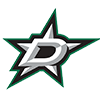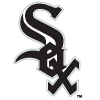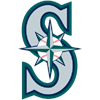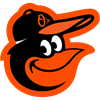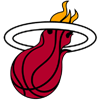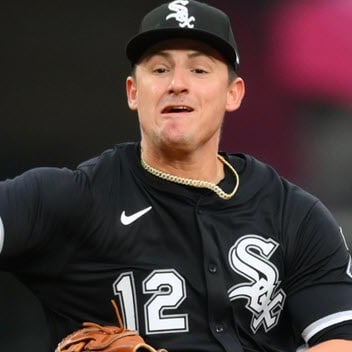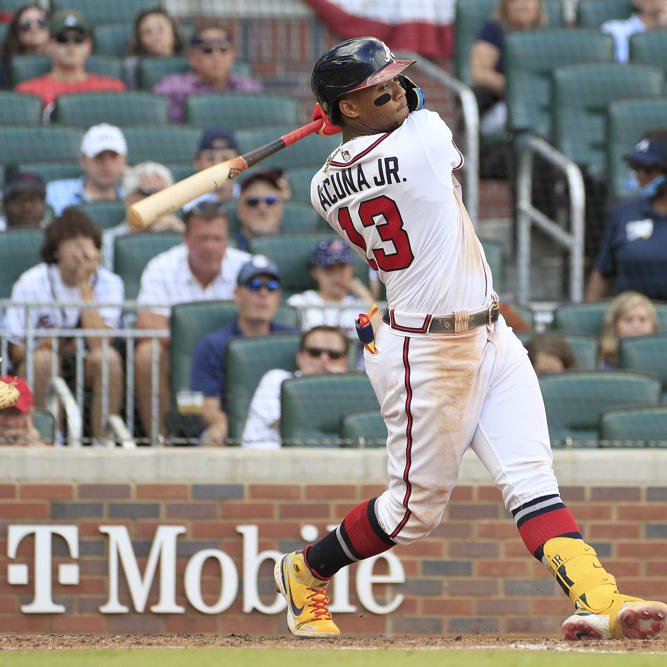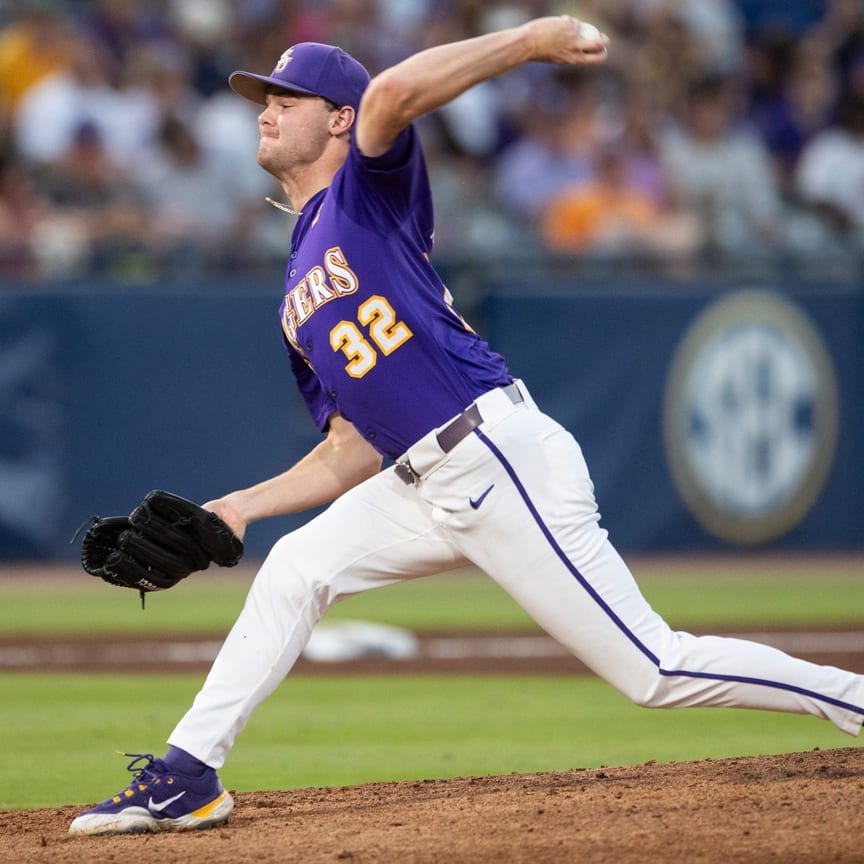There are three slate options Tuesday, with the classic two-game slate available on FanDuel, along with Single Game contests for each matchup.
This article will attempt to help you with a variety of approaches to both contests.
The Matchups
Boston at Houston, Nathan Eovaldi vs. Dallas Keuchel, 4:09 p.m. EDT
Milwaukee at Los Angeles, Gio Gonzalez vs. Rich Hill, 8:09 p.m. EDT
The Astros are slight home favorites (-130) with an over/under of 8.5.
The Dodgers are slightly bigger home favorites (-150) with an over/under of 7.5.
Pitching
Rich Hill, LAD vs. MIL ($9,600) - As the most expensive home favorite on the board, Hill is probably the safest arm of the bunch, but the margins are small. Walks are generally his undoing on a bad day, but he had a 37:5 K:BB over 30 innings in September (3.90 ERA) with one poor control outing on the road against St. Louis (he won anyway that day). In his lone NLDS appearance against the Braves, Hill gave up two runs on four hits over 4.1 innings with three strikeouts and five walks. The Brewers were only a tick below average against left-handed pitching this season (98 wRC+), and it will be interesting to see how much the lineup differs from the group that Milwaukee started with in Game 1 of the series, which featured Hernan Perez in the No. 5 spot, Travis Shaw on the bench and Manny Pina behind the plate. As for Hill, he's capable of going more than five innings, but it's a tough ask for a pitcher leaning so heavily on two offerings – a fastball averaging 89.3 mph and a big curveball – with the former generating a higher whiff rate (27.3 percent) this season than the latter (21.1 percent). My expectation is that Hill be the third-highest owned of the four pitchers going Tuesday in terms of ownership rate, thanks to the inflated price.
Dallas Keuchel, HOU vs. BOS ($8,000) - While Keuchel has less strikeout upside most nights than Hill, the $1,600 savings and his status as a home favorite should leave him with the highest ownership rate of the pitchers in play for the traditional format. Keuchel might have the longest leash of the starters pitching Tuesday as well, which gives him a slightly better points floor than the pack. If you're the type who plays cash-game contests on a two-person slate, you'll be utilizing Keuchel as a building block at this price.
Nathan Eovaldi, BOS at HOU ($7,400) - After an ugly August, Eovaldi settled down during the final month of the regular season (1.35 ERA, 27:8 K:BB in 20 innings) and rolled through seven innings with a big lead in the Red Sox's 16-1 win over the Yankees in Game 3 of the ALDS. His step forward this season has been tied to an increased use of a cutter (32.5 percent use, .316 wOBA against), which has been accompanied by a spike in whiffs with his fastball (24.2 percent whiff rate, 39.8 percent usage). Eovaldi could check in with a lower ownership rate than Dallas Keuchel, but his discount compared to the price on Rich Hill could prop him up to the second-highest ownership rate of the bunch. The concern I have with Eovaldi is a potential quick hook if he finds early trouble, which makes me more comfortable with him in a GPP lineup build.
Gio Gonzalez, MIL at LAD ($6,500) - The Brewers used Gonzalez to start Game 1 of the NLCS, and he was removed after two innings as manager Craig Counsell leaned on Brandon Woodruff for a pair of frames with the Dodgers having their preferred starting lineup for a left-handed starter on the field. Tactically, the move paid off, as Gonzalez allowed just one run and Woodruff delivered two scoreless frames and a solo homer against Clayton Kershaw before Josh Hader fired three scoreless innings of his own. It will be interesting to see if Dodgers manager Dave Roberts adjusts his starting lineup to account for the expected early exit of Gio Gonzalez, since he'll either give up favorable matchups the second (and possibly the third) time through the order, or burn through his bench early in the game if he follows the Game 1 script and the Dodgers are unable to get on the board early against Gonzalez. The Brewers used Hader to finish the eighth inning in Game 3, so he should be available in some capacity (likely two innings or less) in Game 4. Woodruff and Corbin Burnes are long-relief options capable of going longer if needed, which could effectively take some of the pressure off the short relievers, who have been vulnerable in their late-inning matchups during the series.
The main takeaway here is that it would be surprising if Gonzalez is used to go through the order more than once since a parade of right-handed hitters will probably greet him in the first four spots. Any use of Gonzalez would have to assume the Milwaukee offense builds a significant early lead against Rich Hill, and subsequently, makes Counsell comfortable letting Gonzalez go through the order twice in an effort to preserve arms for Game 5. Build with the requisite Milwaukee stack if you're considering this path in a GPP, but this is not something I'll be doing myself. It might make more sense to use Woodruff at $5,800 (uncheck the "only show probable pitchers" box) than to play Gonzalez at $6,500.
Hitting
Generally, this should be a fairly easy double-stack arrangement plus a one-off, where you avoid using hitters from the teams facing your starter.
If you're playing it safe (cash-game lineups) with Keuchel, you can stack Astros plus your choice of Dodgers or Brewers, or attempt to game stack the Dodgers-Brewers matchup with a limited use of Houston bats.
Assuming the Dodgers use David Freese, for at least the first time through the order against Gio Gonzalez, he's a great value play at $2,100. The potential for an early exit if the Brewers execute the plan of using a right-handed reliever the second time through creates a legitimate playing time concern.
The high-end bats are priced in a way that allows you to build a lot of high-quality stack combos (George Springer, Jose Altuve and Alex Bregman are a combined $11,800), and the key will be to find the twists (tacking on a potential No. 9 hitter Tony Kemp at $2,300) and one-offs who end up coming through.
Austin Barnes is priced down at $2,100 like teammate David Freese, but he's likely to catch all nine innings Tuesday, significantly raising his playing time floor in terms of plate appearances despite a placement in the bottom third of the batting order. Thanks to the C/1B shared spot, Barnes should turn up with a considerably lower ownership rate than if the FanDuel lineup requirements mandated the use of a catcher. Similar logic can be applied to Brian McCann ($2,400) in the Houston lineup.
Lorenzo Cain ($3,700), even as a one-off play, makes a lot of sense at the price with his position as the leadoff hitter, and without the threat of being replaced defensively, which reduces the plate appearance ceiling for Ryan Braun ($3,100).
From the Red Sox, Steve Pearce ($3,100) and Eduardo Nunez ($2,400) likely will be the most popular one-off value plays. Stacking Boston bats becomes reasonable for lineups built around Eovaldi, as the bottom-end prices on Jackie Bradley Jr. ($2,400) and Christian Vazquez ($2,200) open up the cash necessary to load up Mookie Betts ($4,500) and Andrew Benintendi ($3,600) together if desired.
Single Game Contests
For those new to the format, the biggest difference in the contests is the lineup structure.
There are no pitchers.
Each roster is comprised of an MVP, whose point total is multiplied by 1.5 to make that selection more valuable than the other four players in that lineup. Teams are required to use one infielder and one outfielder, while the final two roster spots are utility spots, which can be any player from any position.
You must roster at least one player from each of the two teams involved in the matchup.
Other than the MVP multiplier, the scoring system is the same as the other FanDuel baseball contests.
Since three spots can be players from any position, it's reasonably easy to stack any combos you want within the limits of the $35,000 salary cap.
Although there are no pitchers available for use in the contest, the pitchers involved in Tuesday's game are still a useful starting point in assembling your playing time expectations and potentially favorable matchups for the bats.
BOS vs. HOU
GPP Value MVP Consideration: Josh Reddick, $6,500 - Reddick gets a lefty-righty matchup against Eovaldi, and constructing a stack with the 3-4-5-6 hitters in the Houston lineup from Alex Bregman through Reddick leaves another $6,500 for one Boston hitter.
Doing this, you'd simply take your pick from the following (and ignore the money left on the table as a factor):
Eduardo Nunez (hitting 6th) - $4,500
Ian Kinsler (hitting 7th) - $6,000
Christian Vazquez (hitting 8th) - $4,000
Jackie Bradley (hitting 9th) - $5,000
Keep in mind, switching to a Houston 4-5-6-7 stack would drop Alex Bregman and add in Carlos Correa, while opening up enough flexibility to leave you $7,500 for Andrew Benintendi or Steve Pearce if you prefer to get a little more contrarian.
My lean is that Houston is going to get to Eovaldi, and going away from the usual suspects at the top is a better approach in tournaments.
MIL vs. LAD
The Brewers' pitching setup makes this game something of a nightmare to play, since several bats might be removed early as Dodgers manager Dave Roberts tries to counter Craig Counsell's tactics.
GPP Value MVP Consideration: Travis Shaw, $7,000 - In the Brewers' most likely series of adjustments, Shaw could start at second base, and then shift to first in the late innings for defensive purposes. Giving up the platoon advantage for two, and possibly three plate appearances will steer the overwhelming majority of tournament lineups elsewhere (be sure Shaw is starting, as Hernan Perez could open at second base with Mike Moustakas at third, depending on Counsell's preferences). He's buried in the order against a left-handed starter, which is what makes this such an odd choice.
If Shaw sits, I would consider Ryan Braun ($6,500) in the MVP spot as part of a 1-2-3-5 stack, assuming that Hernan Perez is that No. 5 hitter who frees up cap space. While you run the risk of losing two players by the end of the game depending on the score and defensive substitutions, it's more likely that you'll only lose one, and as you'll find trying to build combos in this matchup, losing one player is almost a certainty if you're stacking. If you want to avoid the likely loss of Perez during the game, making the Brewers 8-1-2-3 stack with Arcia in the field slot fits under the cap while still leaving $6,000 for your standalone Dodger bat.
From there, you would have enough room to play Chris Taylor (potentially leading off at $6,000), Yasiel Puig ($5,000, if he starts) or Austin Barnes ($4,000).











